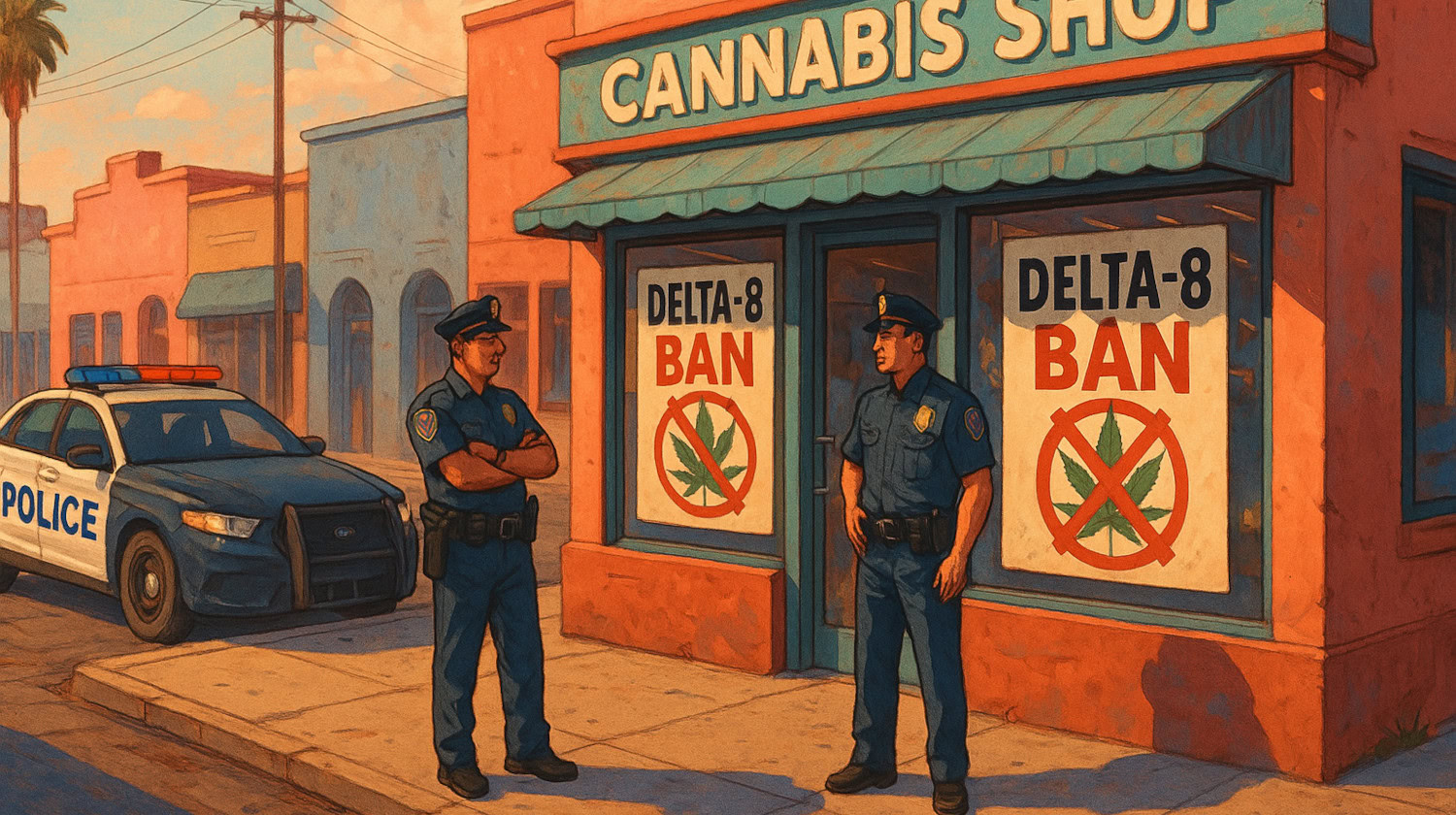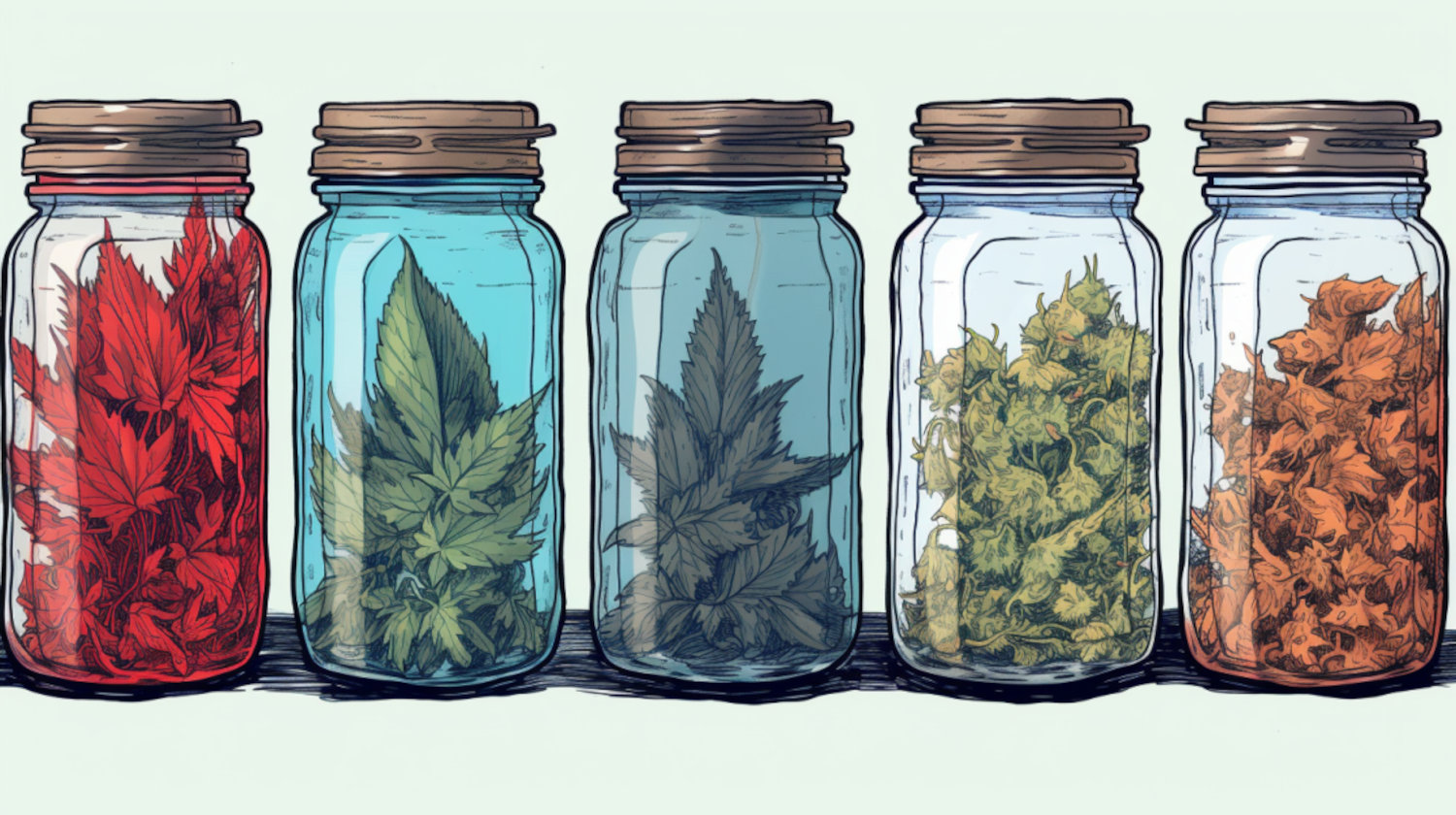In This Article
More than three dozen state attorneys general recently called on Congress to ban hemp THC products, saying that the 2018 legalization of hemp “has been wrongly exploited by bad actors to sell recreational synthetic THC products across the country.”
In a statement about the letter to Congress, Pennsylvania Attorney General Dave Sunday said that the legalization of hemp has led to a proliferation of unregulated intoxicating products, some of which are being sold to minors.
“For too long, bad actors have used the loophole in the 2018 Farm Bill to profit from super-potent, hemp-derived THC products by placing them in gas stations, convenience stores, and online marketplaces,” Sunday said. “This unregulated market allows children to buy these extremely potent products, oftentimes without any knowledge that the products are intoxicating, addictive, and not safe.”
The bipartisan coalition of attorneys general asked Congress to clarify the federal legal definition of hemp and to prevent the continued sale of unregulated and intoxicating products containing synthetically produced cannabinoids, such as Delta-8 THC.
“Many of these products—created by manufacturers by manipulating hemp to produce synthetic THC—are more intoxicating and psychoactive than marijuana, a Schedule I controlled substance, and are often marketed to minors,” the attorneys general wrote in the letter dated October 24. “Unless Congress acts, this gross distortion of the 2018 Farm Bill’s hemp provision will continue to fuel the rapid growth of an underregulated industry that threatens public health and safety and undermines law enforcement nationwide.”
Update: On Wed, Nov 12, President Trump signed into law a funding bill to end the federal shutdown that includes provisions to ban hemp-derived THC.
Letter Targets Synthetically Produced Intoxicating Cannabinoids
The letter was addressed to the congressional leaders of the appropriations and agriculture committees in both the Senate and the House of Representatives. Arkansas Attorney General Tim Griffin spearheaded the letter to federal lawmakers, along with his colleagues Todd Rokita of Indiana, William Tong of Connecticut, and Keith Ellison of Minnesota. They were joined by the top law enforcement officer from 35 additional states, all members of the National Association of Attorneys General (NAAG).
“These synthetic cannabinoids, including delta-8, delta-10, THC-O, and others, are being sold in gas stations, convenience stores, and online retailers across the country, frequently in packaging purposefully designed to appeal to children,” Griffin wrote in a press release about the letter. “These products are being manufactured and sold without consistent age restrictions, labeling standards, or safety requirements. In some states, poison control centers have reported alarming increases in pediatric exposures to these substances. Arkansas led the way in successfully banning these products, and it’s now time for Congress to take action.”
In addition to those mentioned, the attorneys general of the following states and territories also signed the letter: Alabama, Arizona, California, Colorado, Delaware, Georgia, Hawaii, Illinois, Iowa, Kansas, Louisiana, Maine, Maryland, Massachusetts, Mississippi, Missouri, Nebraska, Nevada, New Hampshire, New Mexico, New York, North Carolina, North Dakota, Ohio, Oklahoma, Puerto Rico, Rhode Island, South Carolina, South Dakota, U.S. Virgin Islands, Utah, Vermont, Virginia, and Wyoming.
“Congress never meant to legalize these products in the 2018 Farm Bill,” the 39 attorneys general wrote in the letter. “A proper interpretation of the farm bill’s hemp provision demonstrates that the entire synthetic THC industry rests on a foundation of illicit conduct. Clear direction from Congress is needed to shut down this industry before it metastasizes further into an even greater threat to public safety than it already is.”
In July, the Senate Appropriations Committee voted unanimously to approve a spending bill that included a ban on hemp-derived products containing synthetic compounds or quantifiable amounts of THC, THCA, and other cannabinoids that have intoxicating effects. Kentucky Republican Sen. Mitch McConnell, who led the drive to legalize hemp, said at the time that the 2018 Farm Bill was never intended to “open the door to the sale of unregulated, intoxicating, lab-made, hemp-derived substances with no safety framework,” according to a report from Cannabis Business Times.
Catch up on the latest cannabis news and sign up for NuggMD's Weekly Sesh newsletter for the latest consumer tips, industry updates, and product recommendations.
The information in this article and any included images or charts are for educational purposes only. This information is neither a substitute for, nor does it replace, professional legal advice or medical advice, diagnosis, or treatment. If you have any concerns or questions about laws, regulations, or your health, you should always consult with an attorney, physician or other licensed professional.



